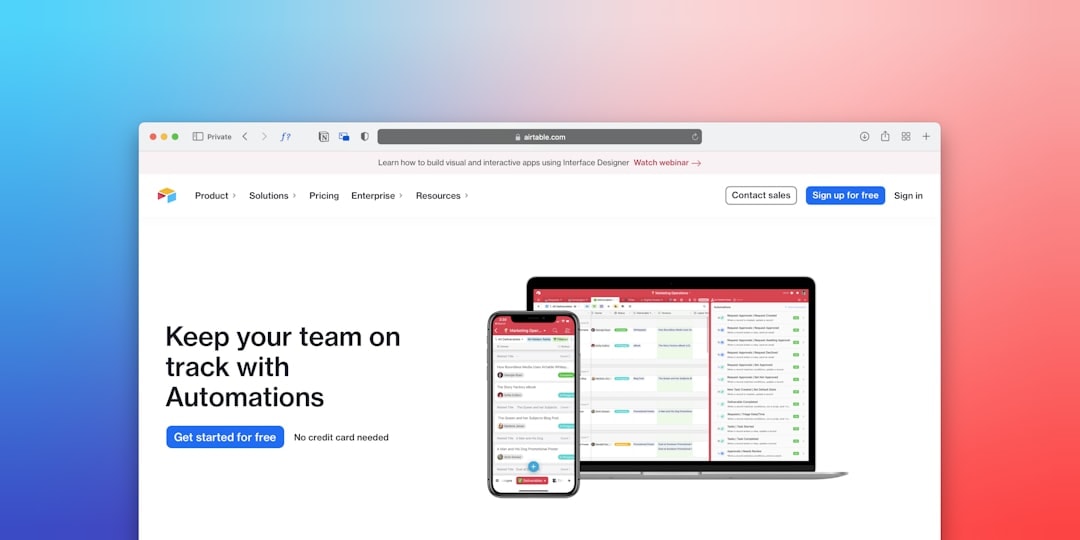As businesses scale, organizing, sharing, and retrieving information efficiently becomes crucial. Without a structured approach to managing institutional knowledge, teams may struggle with duplicated work, miscommunication, or costly inefficiencies. That’s where knowledge management software (KMS) steps in—designed to centralize, streamline, and empower collaboration through easily accessible data and resources.
Whether you’re building your first internal database or looking to upgrade existing systems, choosing the best KMS for your growing business is essential for sustainable growth and productivity. Below, we review top knowledge management tools that offer excellent features for businesses on the rise.
What Makes a Good Knowledge Management System?
Choosing the right KMS involves more than just picking a trendy app. Look for tools that offer:
- Intuitive user interface: Easy to adopt across teams without steep learning curves.
- Smart search functionality: Quick retrieval of content based on keywords or contexts.
- Collaboration tools: Features that allow teams to co-edit, comment, or tag resources.
- Permission controls: Ability to restrict access to sensitive content.
- Scalability: Can grow with your company, adding users or storage as needed.
Let’s take a closer look at some of the leading platforms that tick these boxes.
Top Knowledge Management Tools for Growing Businesses
1. Notion
Best for startups that want a flexible and visually appealing system.
Notion combines wikis, task management, and databases in one sleek interface. It’s perfect for documenting processes, sharing team updates, and building a searchable knowledge base.
Key Features:
- Customizable templates for wikis, SOPs, and notes
- Real-time collaboration with comments and mentions
- Easy integration with tools like Slack, Google Drive, and Trello

2. Confluence by Atlassian
Ideal for tech-driven teams and larger organizations.
Confluence shines when it comes to integrating with development workflows. Built with software teams in mind, it helps streamline documentation alongside project streams like Jira.
Key Features:
- Efficient content organization through spaces and pages
- Native Jira integration for product and engineering teams
- Advanced permission and versioning controls
3. Guru
Great for sales and customer support teams needing quick access to verified information.
Guru integrates directly into your workflow by offering contextual suggestions in tools like Chrome, Slack, and Microsoft Teams. Teams can capture knowledge in real-time and validate it to keep content fresh and reliable.
Key Features:
- Browser-extension access for in-workflow suggestions
- Knowledge verification and flagging systems
- Analytics to track usage and effectiveness of content
4. Document360
Best for businesses that need both internal and customer-facing knowledge bases.
Document360 allows for rich documentation with category structures, version management, and AI-powered search. It’s especially suited for SaaS businesses that want to reduce customer service burdens with self-service options.
Key Features:
- Separate public and private knowledge base capabilities
- Markdown editor with real-time preview
- Advanced analytics on user behavior and article popularity

Why Growing Businesses Need a Knowledge Management Solution Now
When your business is growing, having the right system can prevent the chaos that often comes with scaling operations. Investing in a KMS helps:
- Preserve institutional knowledge: Avoid losing crucial insights when employees leave.
- Reduce onboarding time: New hires can quickly get up to speed.
- Improve collaboration across departments: Everyone has access to the same information.
- Enhance customer experience: With accurate, accessible support content, service teams can respond faster and more effectively.
Final Thoughts
The best knowledge management software isn’t a one-size-fits-all solution. What matters most is choosing a tool that aligns with your team’s workflow, integrates with your existing tech stack, and scales alongside your growth. Whether you need a visual dashboard like Notion or a structured tech suite like Confluence, investing in a solid KMS now could save your business time, money, and many communication headaches in the future.
As you grow, let your knowledge grow with you—strategically and smartly.

